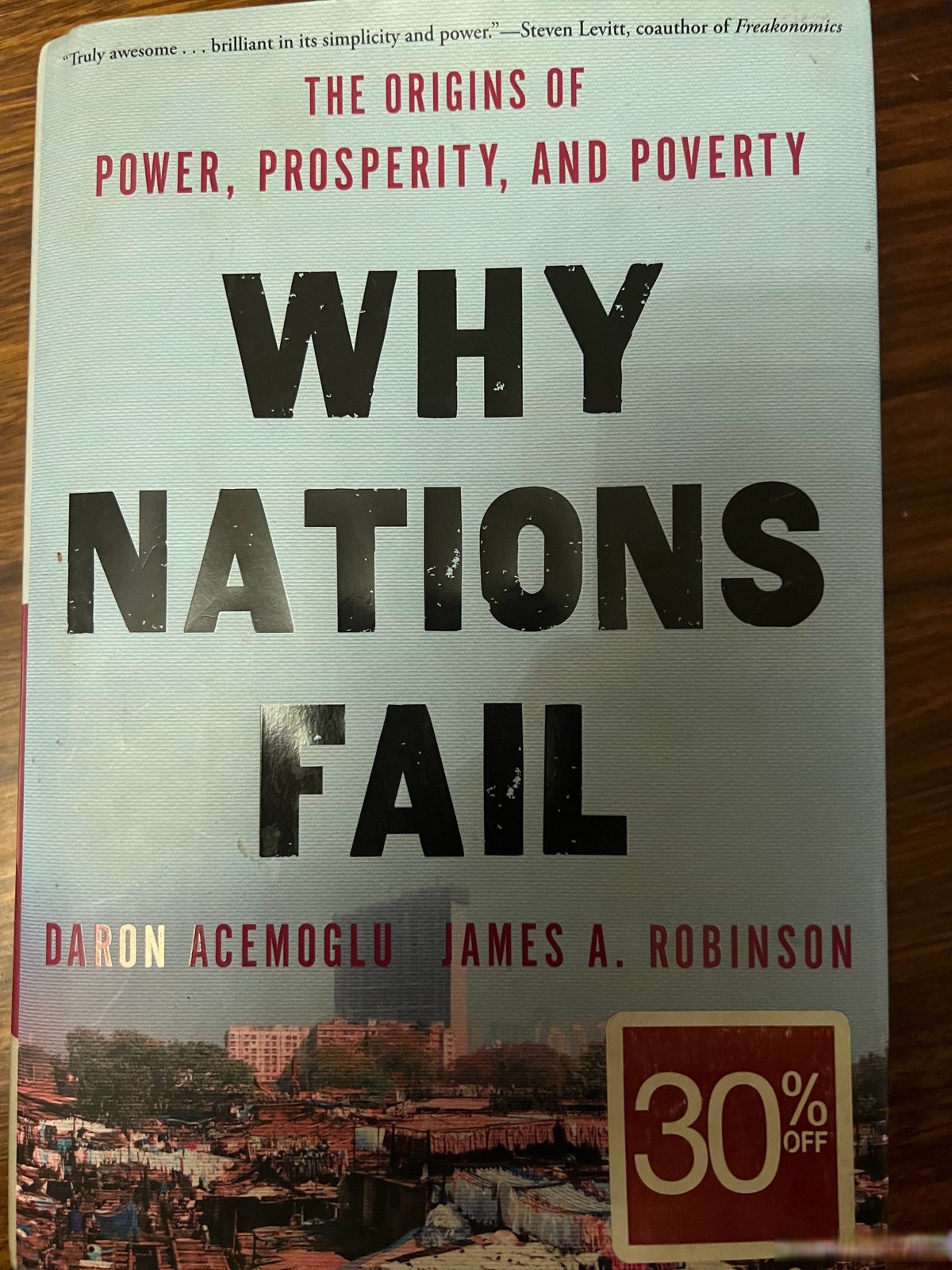

What Skills Do US Quant Traders Need?
In the world of financial markets, quantitative trading (also known as quant trading) has become an essential part of investment strategies, particularly in the United States. The demand for quant traders is increasing rapidly as both hedge funds and proprietary trading firms look for experts who can leverage mathematical models and algorithms to predict market movements. But what does it take to become a successful quant trader in the US?
In this article, we will break down the key skills that US quant traders need to excel in this highly competitive and lucrative field.
- Mathematical and Statistical Knowledge
———————————————
Quantitative trading is primarily built on the application of advanced mathematical and statistical techniques to model financial markets and identify profitable trading opportunities. Therefore, a strong understanding of mathematics and statistics is essential for any aspiring quant trader.
Key Areas of Focus:
- Probability theory: Understanding the likelihood of different market outcomes is central to quant trading.
- Linear algebra: This is used extensively in algorithms and financial modeling.
- Calculus: For optimization problems, differential equations, and continuous modeling.
- Time series analysis: The ability to model and forecast stock price movements using historical data is essential.
- Stochastic processes: Used to model random variables in financial models.
Why It’s Important:
Quant traders rely on statistical models to backtest strategies and assess risk. Without solid mathematical skills, it becomes nearly impossible to build effective trading strategies or analyze large datasets.
- Programming and Algorithmic Skills
—————————————–
Quant traders need to be proficient in programming as their daily tasks often revolve around building, testing, and optimizing algorithms. These algorithms are used to automate the process of identifying market opportunities, executing trades, and managing risk.
Common Programming Languages:
- Python: The most popular language among quants due to its extensive libraries (NumPy, pandas, SciPy, etc.) and ease of use for statistical analysis.
- C++: Known for high-performance computing, C++ is used in low-latency trading environments.
- R: While less common in production environments, R is widely used for statistical analysis and modeling.
- MATLAB: Used for complex mathematical modeling and simulations.
Why It’s Important:
Without programming skills, a quant trader would struggle to automate their strategies or deal with large datasets effectively. Programming also allows for backtesting of trading strategies to see how they would have performed historically.
- Understanding of Financial Markets
—————————————–
While quants focus on data-driven decisions, they must also have a thorough understanding of financial markets, trading systems, and market structure. This knowledge is critical for interpreting market movements, managing risk, and selecting the right strategies.
Key Areas of Focus:
- Market microstructure: The study of how markets operate, the behavior of different participants, and the impact of various market regulations.
- Financial instruments: Quants must understand the various types of assets (stocks, bonds, options, futures, etc.) they are trading.
- Market trends: Understanding how trends develop and how to profit from them using quantitative models.
Why It’s Important:
The best quant traders combine quantitative methods with a deep understanding of market behavior. Without this market knowledge, a trader could misinterpret data or fail to apply the right models in specific market conditions.
- Risk Management Expertise
——————————–
In trading, managing risk is just as important as finding profitable opportunities. Quants must use statistical techniques and financial theories to ensure that their portfolios are well-balanced and their strategies do not expose them to unacceptable levels of risk.
Key Risk Management Concepts:
- Value at Risk (VaR): A method for assessing the potential loss in a portfolio over a given time period under normal market conditions.
- Monte Carlo simulation: Used to assess the risk and uncertainty of a system or model.
- Stress testing: Analyzing how extreme market conditions would affect a portfolio.
Why It’s Important:
No matter how well-designed a strategy may be, if it isn’t properly risk-managed, it could lead to massive losses. Quants need to ensure that their models incorporate risk factors and properly adjust positions in volatile market conditions.
- Data Analysis and Machine Learning
—————————————–
With the rise of big data, quant traders need to be proficient in data analysis and machine learning to handle large datasets and extract meaningful insights. These skills enable them to identify trends, make predictions, and optimize strategies more effectively.
Key Tools and Techniques:
- Machine learning algorithms: For prediction, classification, and regression tasks (e.g., random forests, support vector machines).
- Data visualization: Tools like Tableau or matplotlib in Python allow quants to visualize data trends and model outputs.
- Big data technologies: Knowledge of platforms like Hadoop and Spark is helpful for processing large datasets.
Why It’s Important:
Machine learning enables quant traders to develop more sophisticated strategies by learning from past data and adapting to market conditions. By automating analysis and improving model performance, quants can make better, more informed decisions.
- Communication and Presentation Skills
——————————————–
While the role of a quant trader is data-heavy, communication skills are just as important. Traders must be able to explain complex mathematical models and strategies to non-technical stakeholders, such as portfolio managers or senior executives.
Key Areas of Focus:
- Clear, concise presentations: Being able to communicate the results of data analysis and strategy performance to management.
- Collaboration: Quants often work in teams with traders, risk managers, and software engineers.
- Reporting: Being able to present and interpret data to show the effectiveness of a trading strategy.
Why It’s Important:
Successful quants are not only skilled in analysis but also in making their findings understandable and actionable for decision-makers.
- Adaptability and Continuous Learning
——————————————-
The financial markets are constantly evolving, and so is the world of quant trading. Therefore, adaptability and a commitment to continuous learning are key attributes for any quant trader.
Key Areas of Focus:
- Staying updated with industry trends: Keeping up with the latest financial models, algorithms, and tools.
- Adapting to new market conditions: Being able to adjust strategies as market dynamics change.
- Ongoing education: Whether through formal education, online courses, or self-study, quants should always look to deepen their skills.
Why It’s Important:
To stay competitive in the quant trading field, professionals need to continually refine their skillset and be ready to tackle new challenges presented by evolving market conditions.

FAQs About Skills for US Quant Traders
1. What qualifications do I need to become a quant trader in the US?
Most quant traders have a strong academic background in mathematics, statistics, computer science, or physics. A master’s or PhD in one of these fields is often preferred by top trading firms. You will also need proficiency in programming languages such as Python or C++ and a solid understanding of financial markets.
2. Can a non-technical person become a quant trader?
It is possible, but it requires a significant investment of time and effort to learn programming, mathematical modeling, and financial theory. Many aspiring quants start by taking specialized courses or self-teaching using resources like online tutorials and books on quantitative finance.
3. How important is machine learning for quant traders?
Machine learning is increasingly important in quantitative trading as it allows traders to analyze vast amounts of data and make predictions with higher accuracy. While not all quants are machine learning experts, having knowledge in this area is definitely a plus.
Conclusion
Becoming a quantitative trader in the US is a challenging yet rewarding career. The skills required—ranging from mathematics and programming to data analysis and communication—are extensive and complex. However, with the right training and a continuous learning mindset, anyone with the proper background can succeed in this competitive field. By mastering these skills, you can unlock the potential for a lucrative career in one of the most intellectually demanding sectors of finance.

0 Comments
Leave a Comment